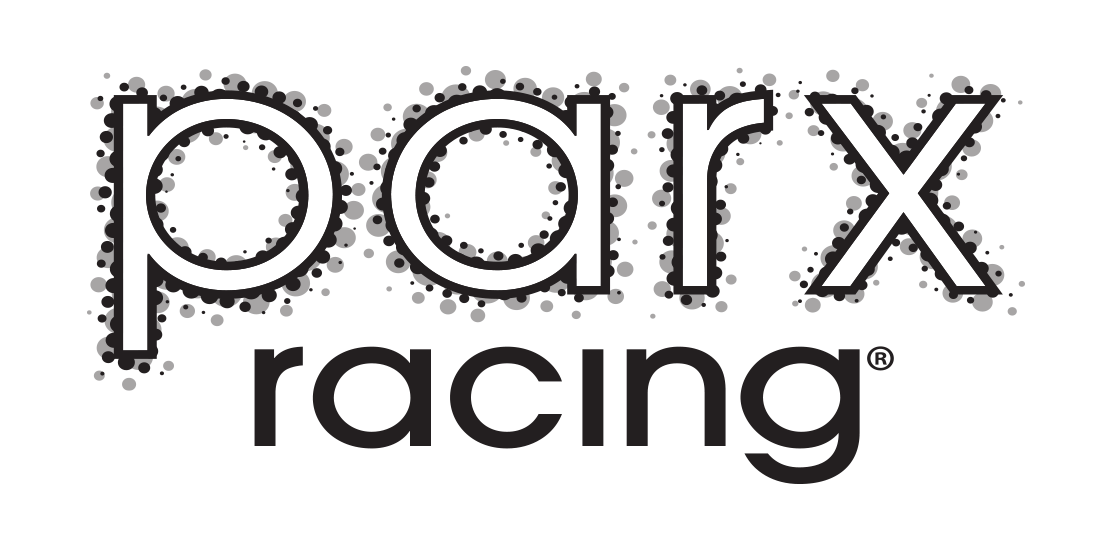Pennsylvania recorded 17 thoroughbred racehorse deaths in April, May and June, down from 30 during the same period a year ago.
The decline in deaths comes as the commonwealth on March 1 began implementing a batch of new measures intended to reduce fatal breakdowns of thoroughbreds and increase safety for jockeys.
The measures include new controls on medication, expanded oversight of horse workouts by state-employed veterinarians and a hotline to accept anonymous reports of violations such as illegal drugging of horses.
Russell Redding, the state agriculture secretary and member of the commission that oversees racing, said early results “have been promising and reinforce the thorough consideration that went into developing the action plan.”
He said the measures reflect a “long-term strategy.”
“The [Horse Racing] commission is committed for the long haul to protecting the integrity of the sport and the safety and welfare of the horses and participants,” Redding said.
Pennsylvania has three thoroughbred tracks: Penn National near Harrisburg; Parx Racing near Philadelphia; and Presque Isle Downs in Erie County.
Through mid-July in 2022, ten deaths had taken place at Parx, five at Penn National, and two at Presque Isle, according to the commission.
The hotline received 51 calls between March 1 and June 30, with calls involving both thoroughbred racing and standardbred racing, which takes place at different tracks.
The 32 calls involving thoroughbred racing included allegations of “unethical conduct by race officials and horsemen, use of illegal devices by a jockey, unethical treatment of horses, unauthorized ingress or egress by horses, wagering irregularities and monetary disputes,” according to the racing commission.
The calls have resulted in no fines or penalties, with ten of the calls still under investigation and 41 of the allegations considered closed, the commission said.
One of the goals of the new measures is to better identify horses that are ailing or otherwise at high risk of the kind of injuries that cause thoroughbreds to be put to death.
The commission said eight horses were deemed temporarily ineligible to race as a result of increased oversight of morning workouts by state veterinarians.
As the result of other new measures, 17 horses were deemed temporarily ineligible and six were retired from racing, the commission said.
Under one of the new measures, horses are permanently banned from racing in Pennsylvania if they finish 12 or more lengths behind the winner in five consecutive races. As of June 30, it had resulted in five horses deemed permanently ineligible, the commission said.
Meanwhile, a national effort is underway to implement the long-sought and hotly-debated federal Horseracing Integrity and Safety Act, known as HISA.
HISA is intended to correct the problem of a lack of an overall governing body for horse racing in the United States, and to impose and enforce rules to prevent horse fatalities and cheating which led to increasing calls to abolish the sport.
HISA officially went into effect on July 1, with requirements such as federal registration of people who work with the horses or at the tracks.
But a major part of the act takes effect on Jan. 1, 2023, with the start of an anti-doping program modeled on the effort to prevent performance-enhancing drug use among human athletes.
Pennsylvania has so far had a mildly strained relationship with HISA, as one of multiple states which have yet to sign a formal agreement and begin collecting fees to fund HISA programs, such as the anti-doping program.
State racing commission members have said they support the goals of HISA and plan to cooperate. However, they say various aspects of HISA are in flux and likely to change. During a recent public meeting, members cited the lack of a budget for the anti-doping program, which will involve extensive testing and is considered a very expensive aspect of HISA. HISA isn’t funded by the federal government; the funding source is horse racing entities in the 38 states where racing is legal.
The Pennsylvania racing commission sent HISA a letter saying it is complying with current required safety measures.
Meanwhile, three independent advocacy groups have launched a “watchdog” site to make sure HISA is properly enforced and implemented. The site can be found at www.HISAWatchdog.org.
Original source credited to pennlive.com











